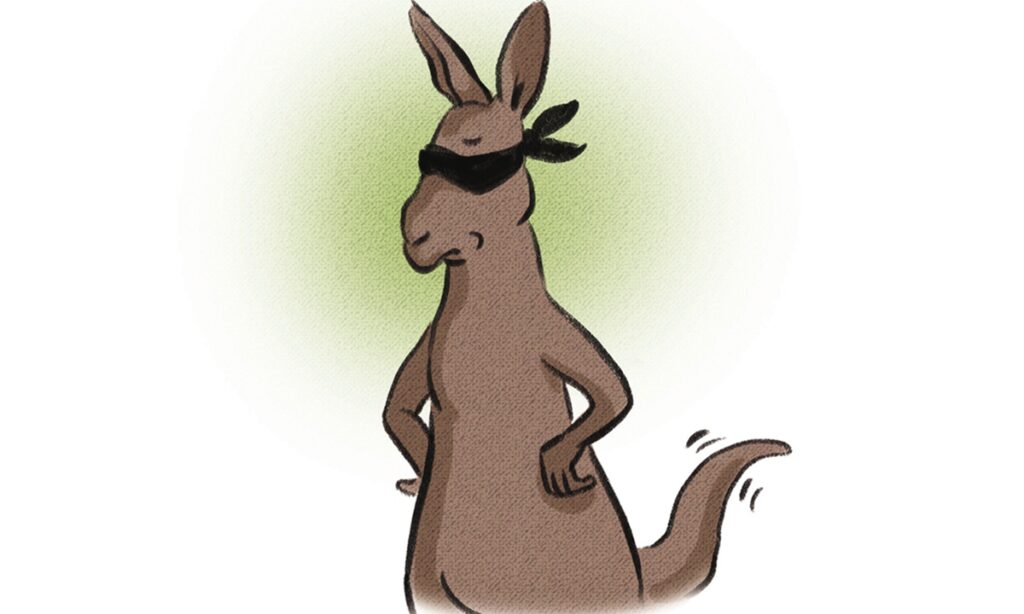Chinese cities that have experienced a COVID-19 infections resurge have more or less traced the infection origin to cold-chain imports. In this regard, Global Times reporters went to Wuhan and have conducted a year-end investigation to find out whether Wuhan’s early COVID-19 outbreak has any connection with cold-chain imports to the city.
And yet as serious reporting goes on, outlandish Australian media outlets have something to say about the report which covers more than 10 countries. They have used sensational headlines such as “China’s new insult to Australia,” “China suggests virus may have arrived in Wuhan via frozen meat products including ‘Australian steak'”, and “China claims coronavirus may have started in Australia.”
Why are these Australian media outlets so diffident and sensitive? Anyone who has carefully read the in-depth investigation will find that the word “Australia” only appears once in this about 3,000-word article. It says, “The city also imported Australian steak, Chilean cherries and Ecuadorian seafood before 2019, according to information from the website of the city’s commerce bureau.”
Why haven’t Chile and Ecuador made such accusations against China? For Chinese people, these Australian media outlets’ smears seem like guilty consciences deflecting blame. Are they trying to hide something? Their reactions have aroused more suspicion.
With a factual sentence from Wuhan’s official website, certain Australian media outlets have made unfounded charges against China, trying to seize public opinion and moral high ground in the international public opinion field.
Global Times put it down very clearly in the report: “Theoretically, it is possible that coronavirus from other countries caused the early outbreak in Wuhan, but we lack evidence,” quoting an expert. To make it even clearer, there is a striking subtitle: “Insufficient evidence.” The report did not reach a conclusion in the end, but simply provided basic facts.
However, Australian media still finds fault with such an objective and neutral investigative report, trying to bounce back in the latest round of conflict between China and Australia. This only shows their prejudice and lack of professionalism.
In fact, this is exactly the usual method of Australia and other Western countries: These countries use their advantage under the auspices of the right of free speech and press to put labels on China first to dominate international public opinion. They are trying to drive a group of Western countries who do not know the facts and are too lazy to discover the truth to take unfounded ideological stands.
When China makes righteous and proper responses, they accuse China of resorting to “wolf warrior” diplomacy. Which side is acting more like a malicious wolf these days?
Tracing the origin of the virus is a major issue that concerns the success or failure of humanity’s COVID-19 fight. The Global Times has worked hard for this. But Australian media outlets see it as a new battlefield for public opinion and political struggle. Australia has lost its moral high ground in its troops’ brutal murders of Afghan civilians. Feeling embarrassed, it now wants to save face. But facts are facts. No matter how hard Australia tries to condemn China, reality will not change.
Australian media outlets are shaping Australia’s international image as a malicious and paranoid country.
Illustration: Liu Rui/GT
Global Times


